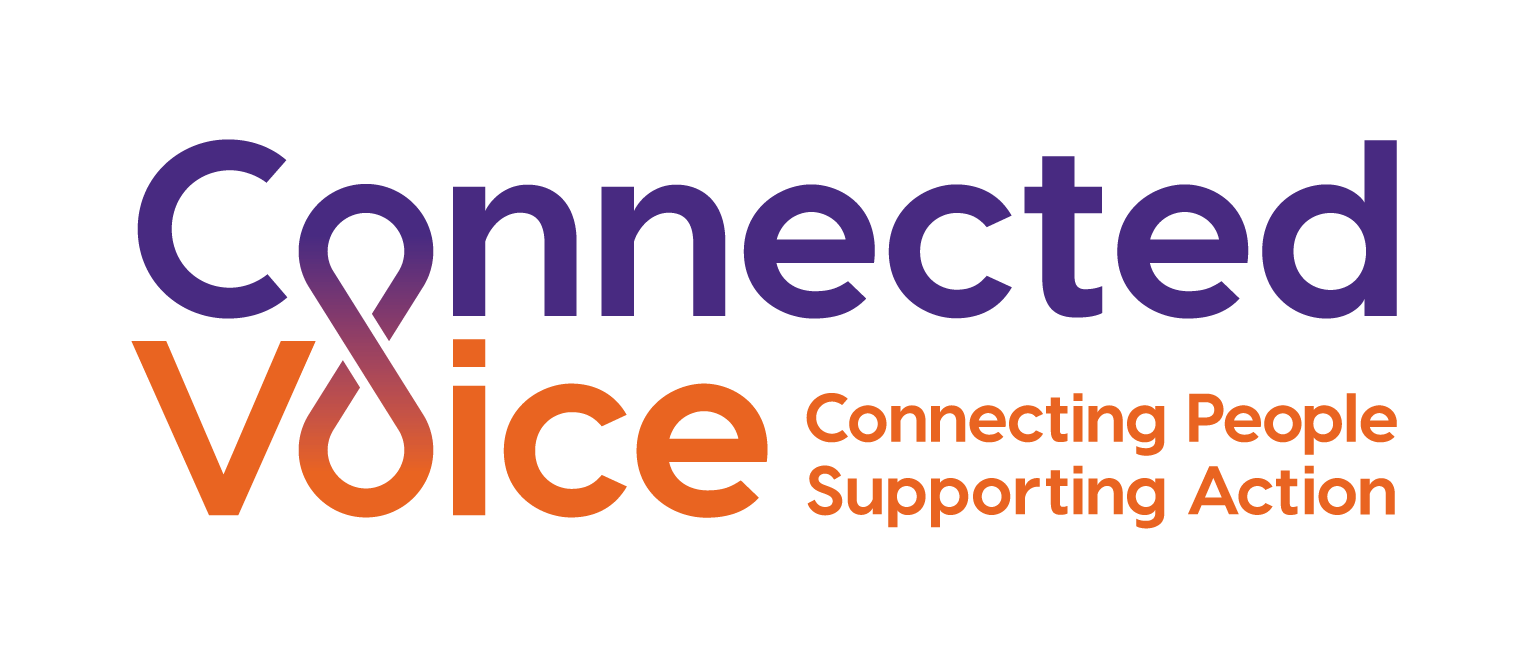Equity, Diversity, Inclusion and Me

As a cis-gendered, ethnically minoritised young woman with a hidden disability and a working-class background, I have first-hand experience of how an intersection of characteristics can create health, social and economic disparities. This motivated me to join the Equity, Diversity and Inclusion (EDI) group at Connected Voice, where my views are valued, I feel heard and can share my knowledge and experience. For me, EDI is about creating a sense of belonging, for those, like myself who have struggled with ‘fitting in’ and this is why EDI is so important to me.
I have worked alongside my colleague, Jack Summerside, to unearth the conditions required for ‘better’ Equity, Diversity and Inclusion in the workplace and how they can be implemented in practice. The result is a two-hour training session, which we’re excited to launch as part of Connected Voice’s premium services. The session takes a holistic approach to guiding an organisation’s policies, processes and practices that, in turn, determine who is able to access their services.
Why is EDI important to you and your organisation?
When tackling inequality, we must apply these three words: equity, diversity and inclusion. EDI is not just a box ticking exercise, it is a moral and legal imperative which requires us to consider the experiences of those that are most marginalised and oppressed within our community. We are living in increasingly diverse communities, both locally and globally, and there should be no place for discrimination, whether it be direct or indirect, positive or negative. Voluntary and community organisations often lead the way in tackling inequalities and helping people to be heard. As a sector, we can lead by example in creating a more equitable, diverse and inclusive culture.
In recent times, we have moved away from equality to equity. Equality is about everyone receiving the same opportunity, regardless of their characteristics, whereas, equity is about apportioning the exact resources and opportunities needed for everyone to reach an equal outcome.
Diversity is about welcoming people from a range of different social, economic, cultural and ethnic backgrounds, irrespective of their protected characteristic/s or other demographic characteristics. Diversity is about respecting differences, and in legal terms, meeting basic human rights.
True inclusion can only be achieved when equity and diversity are unified. Inclusion is an all-encompassing ideology for creating an environment which breaks down invisible barriers to accessing services, works towards meaningful engagement and improves lines of communication with communities we are not yet reaching. Inclusive participation leads to people fulfilling their potential and to better health and wellbeing outcomes.









